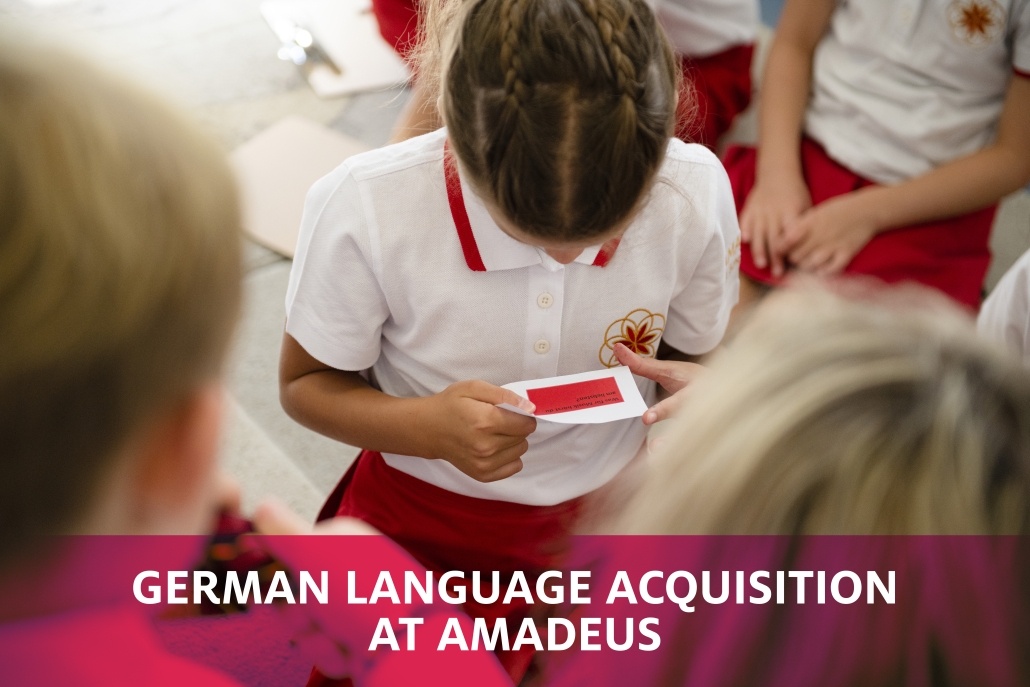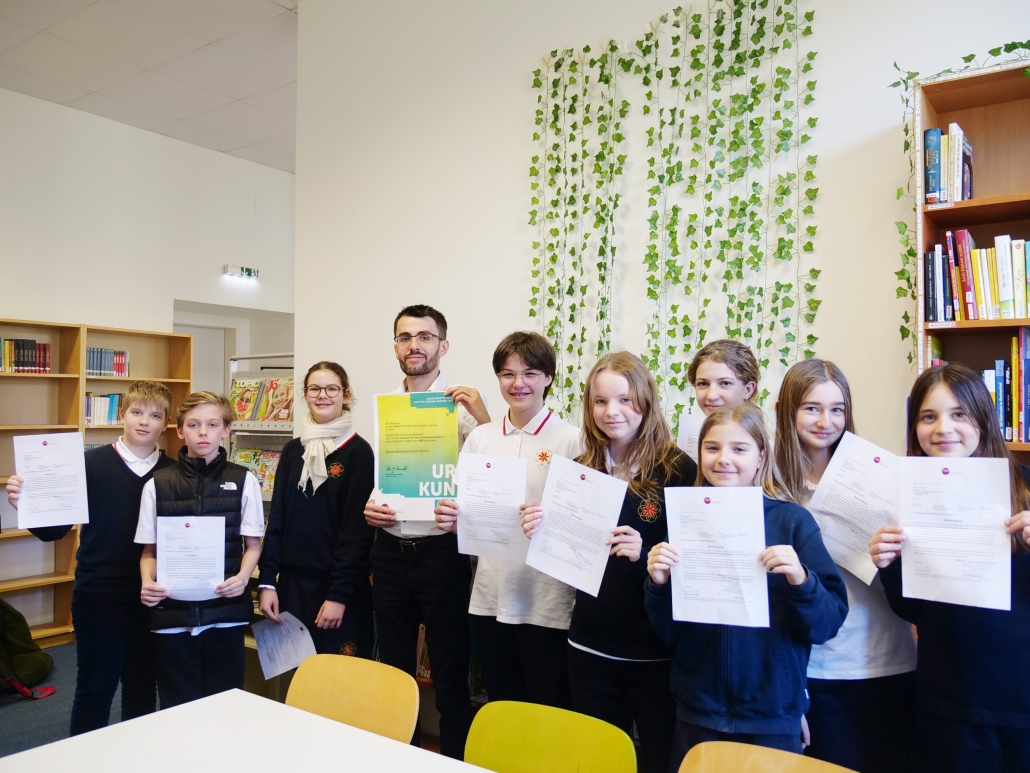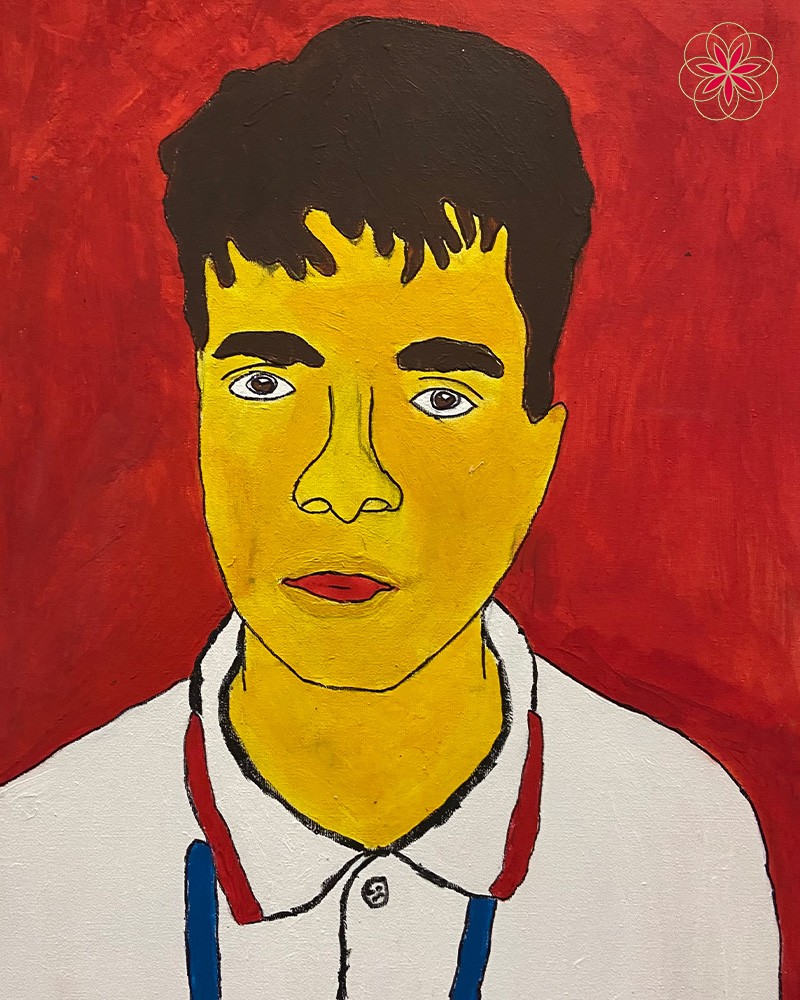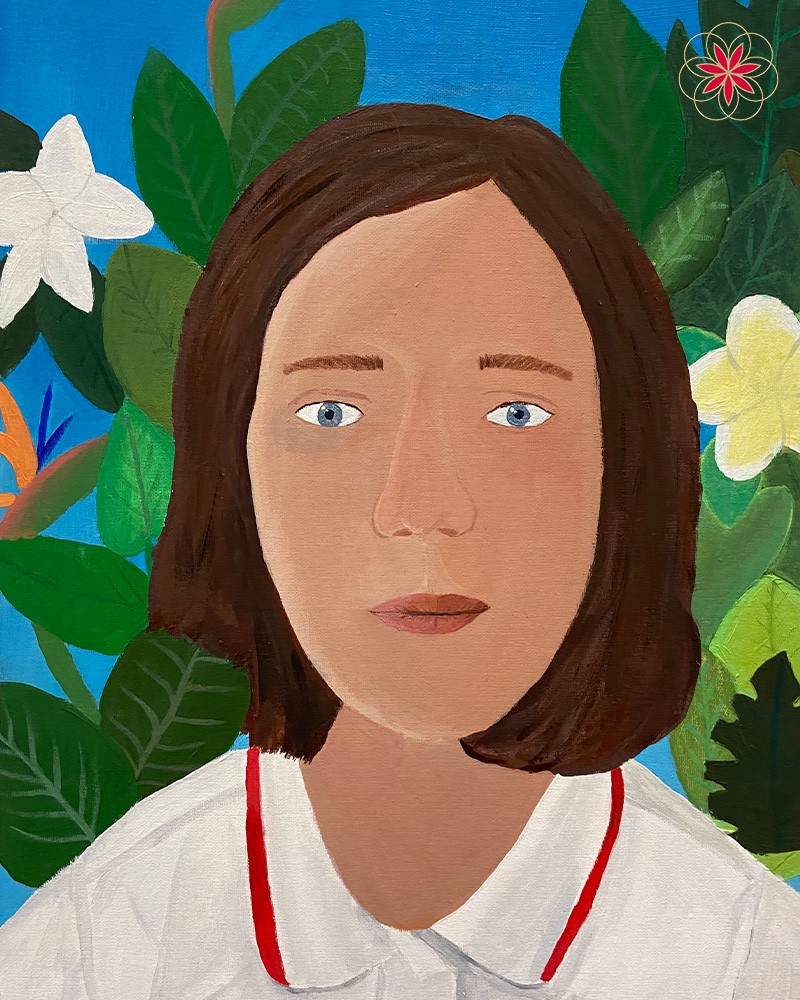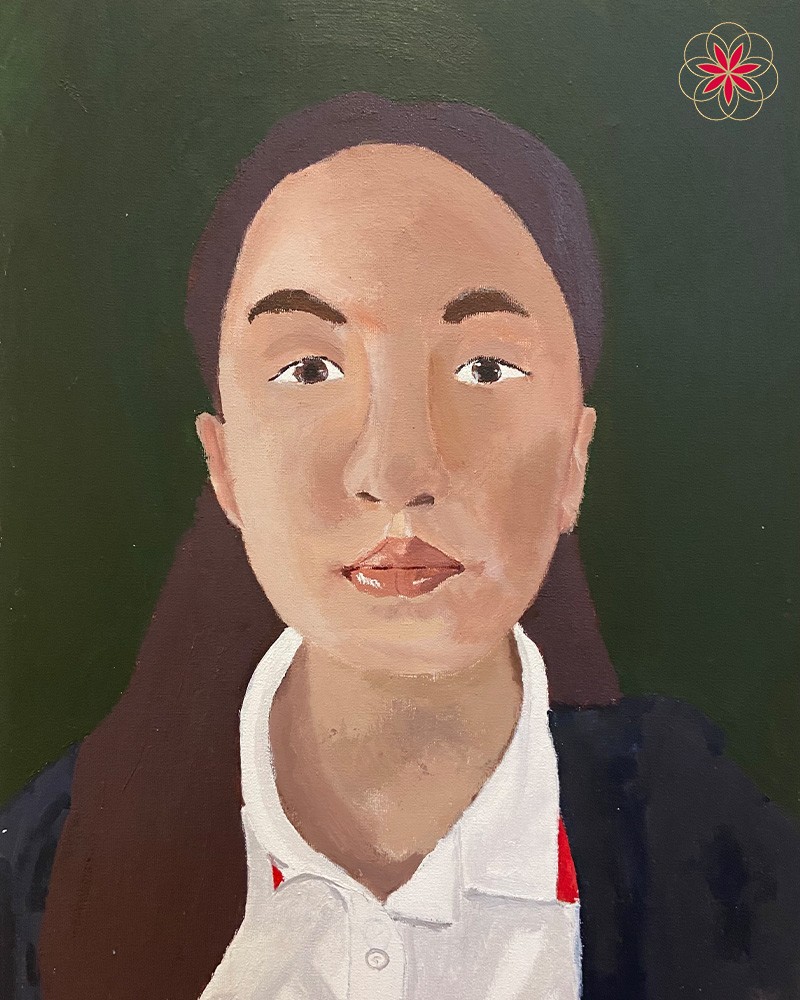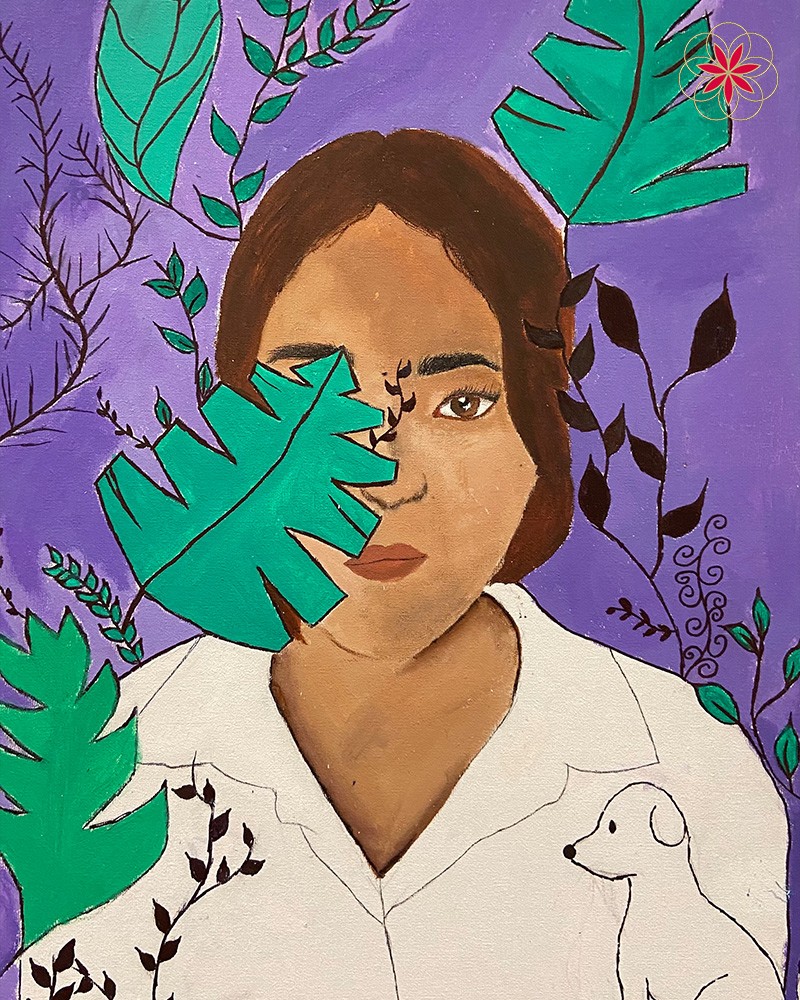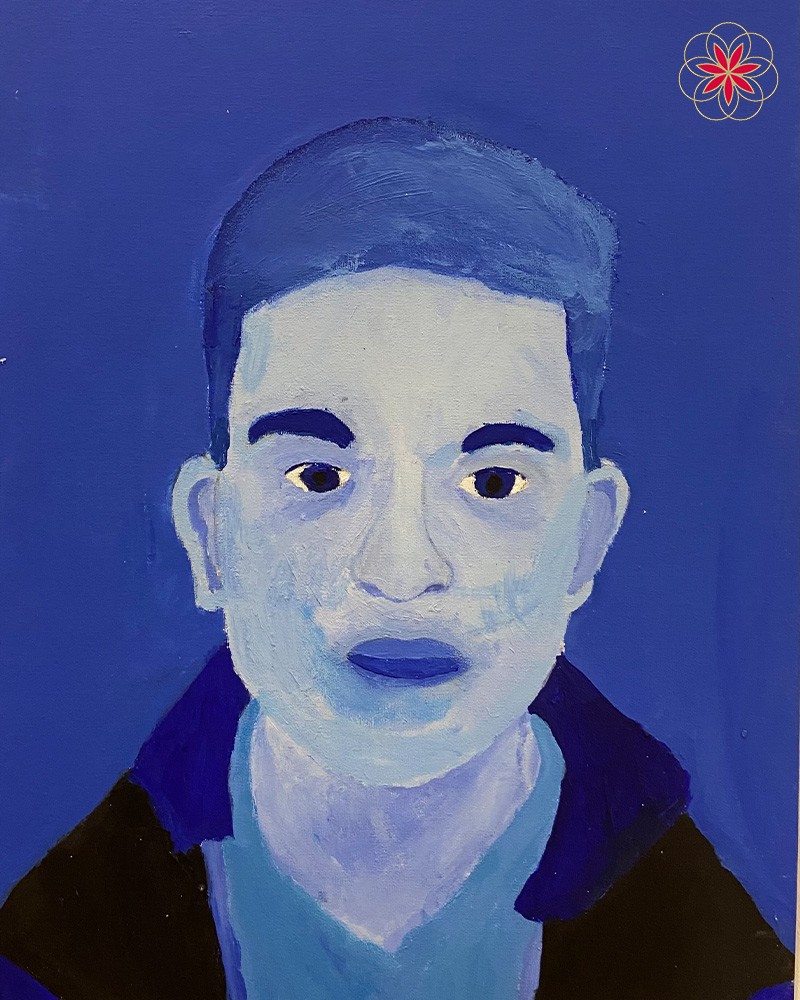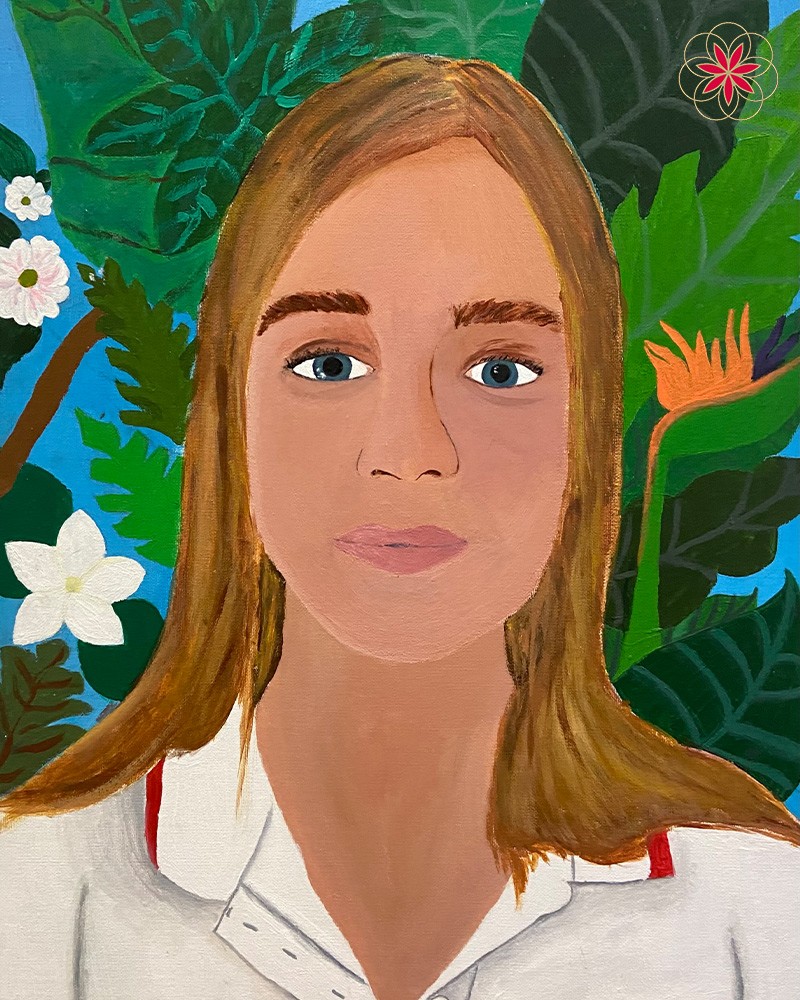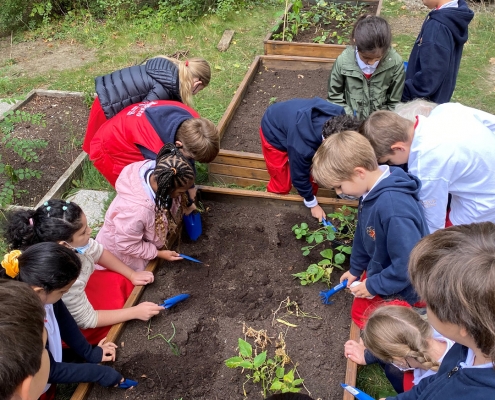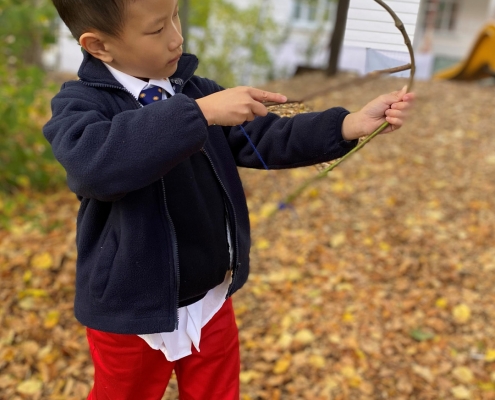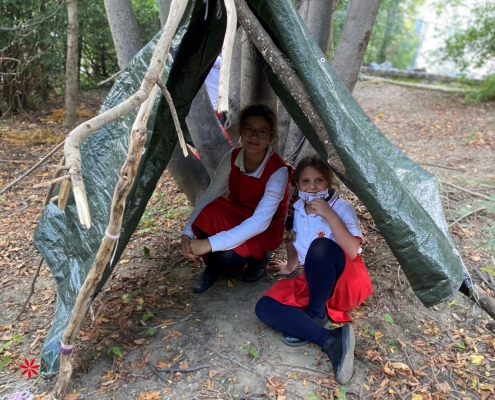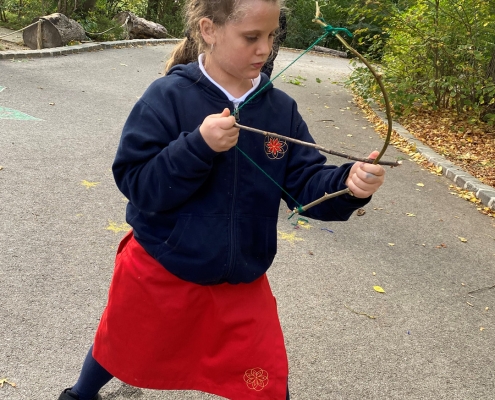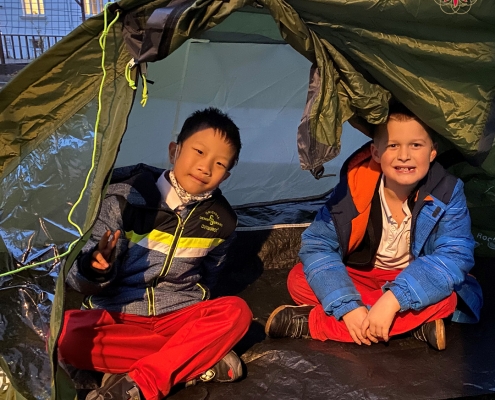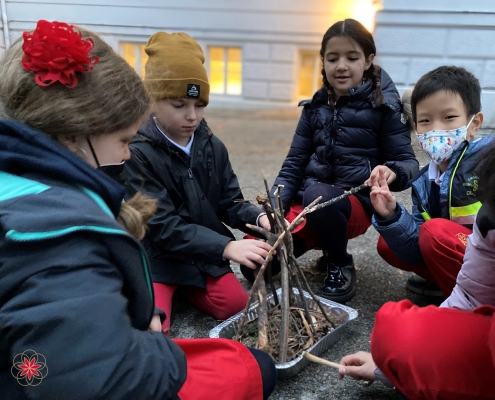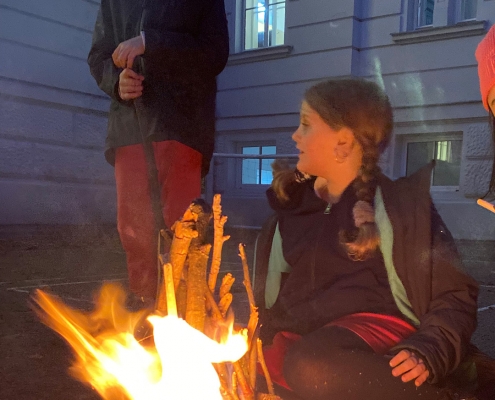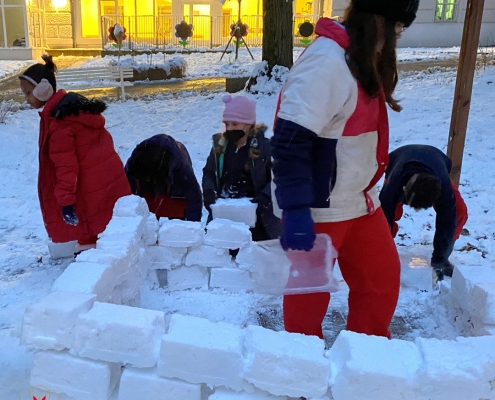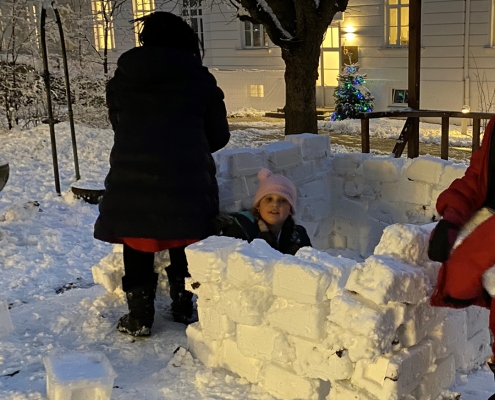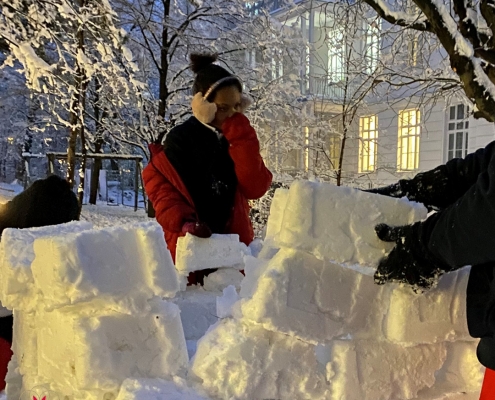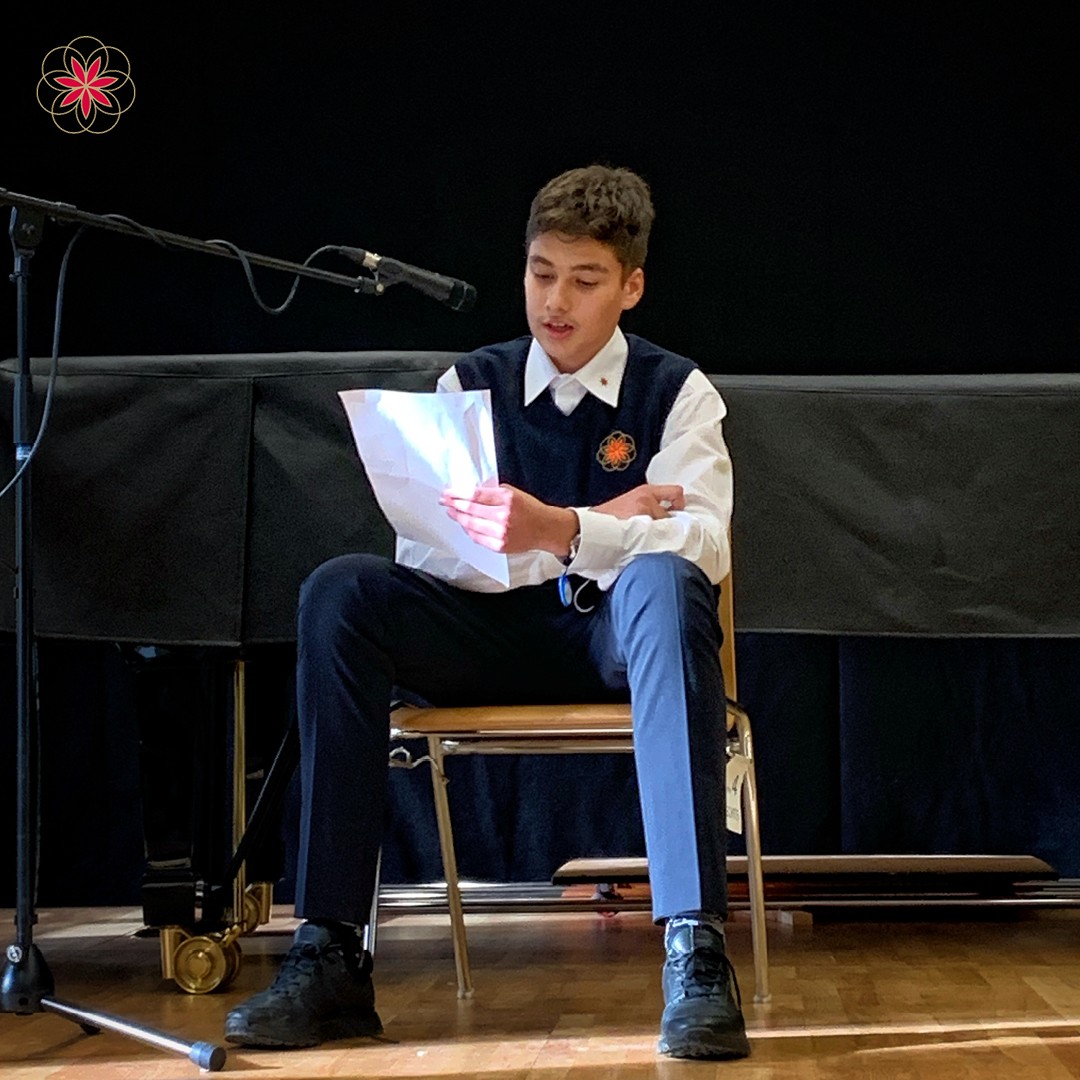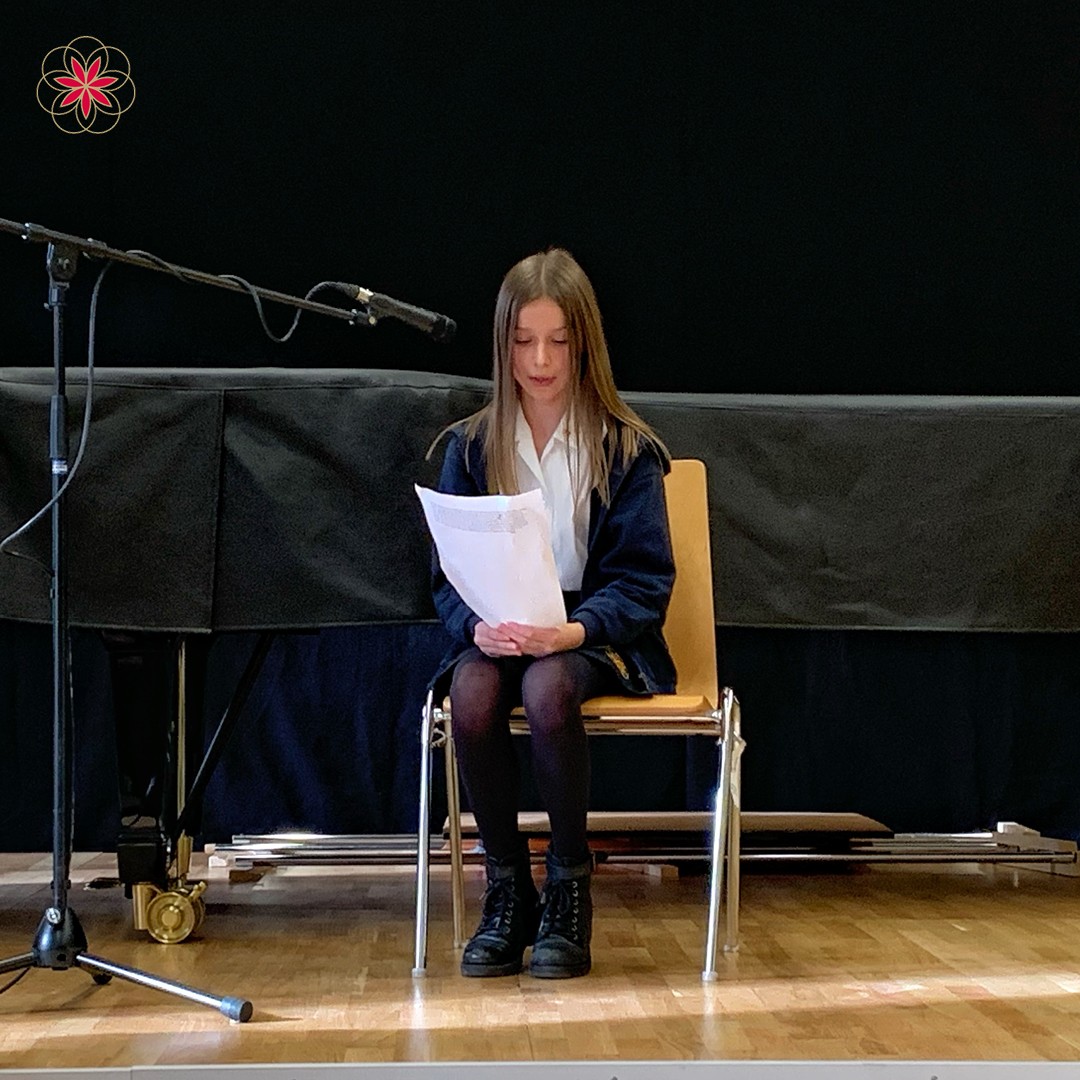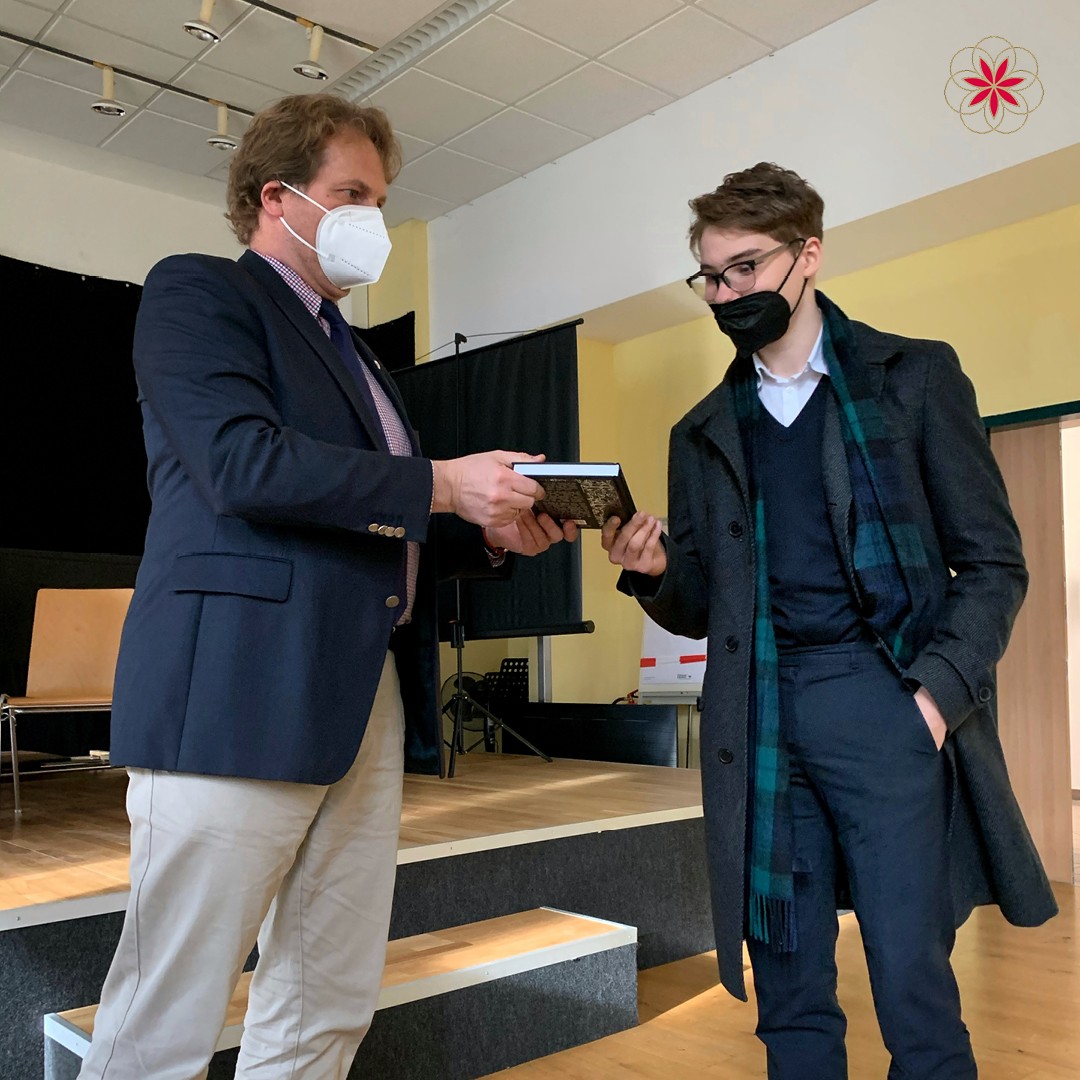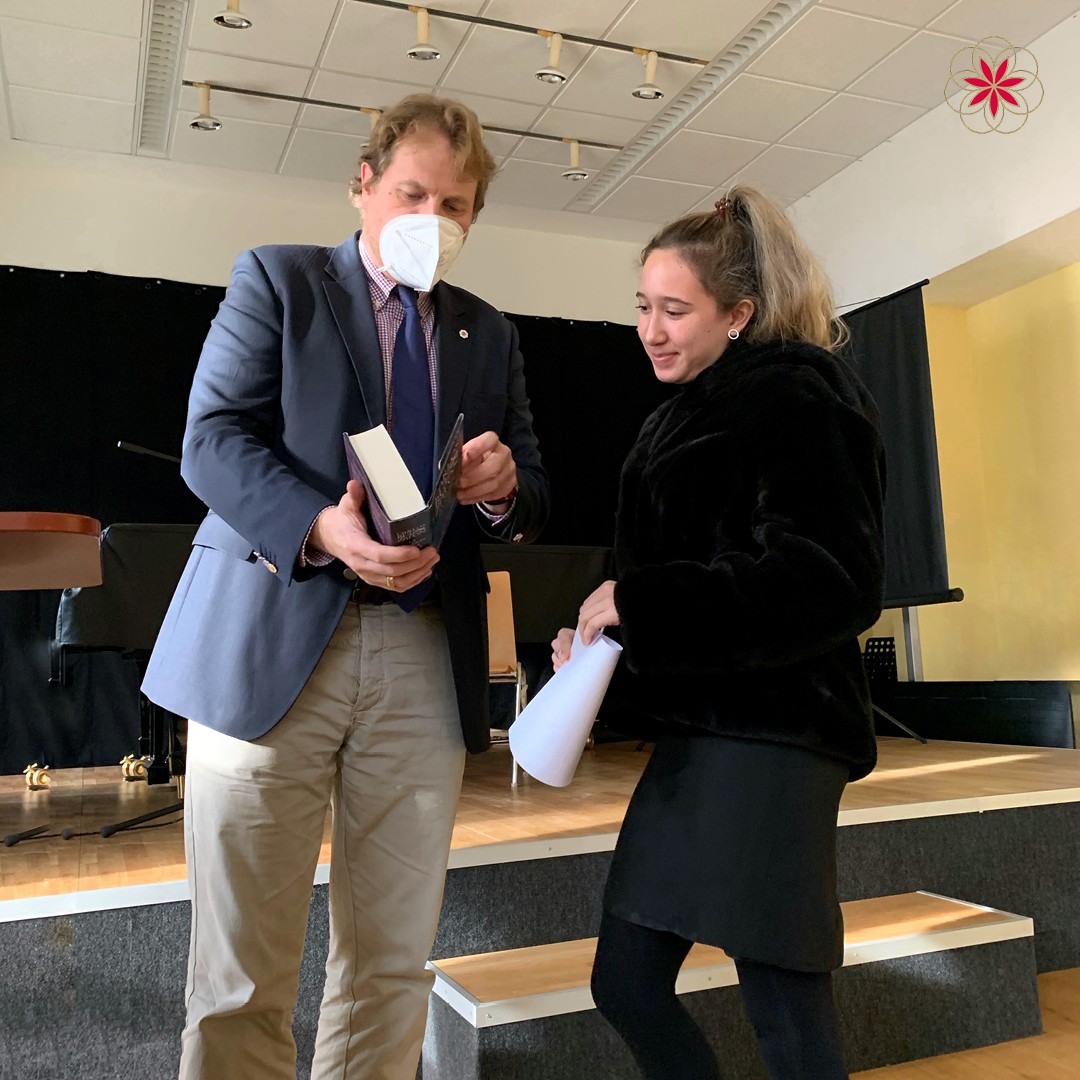NAVID OWJI
I have always found the combination of piano and cello to be very elegant and intriguing. This inspired me to compose my first piece, Drowning in Thoughts, a composition in C minor written in rondo form (ABACA). In this piece, I have portrayed my thoughts and emotions through the melodic dialogue between the two instruments.
Dancing with the Wind is a piece that uses Middle Eastern rhythmic/melodic patterns, adapted to a western type of instrumentation and arrangement. I am originally from Iran and these types of patterns have always been an influential factor in my style of composing. For this piece, I used the time signature of 7/4 which can be usually found in Middle Eastern music. The pattern that I chose within this time signature is 2, 2, 3, which whilst performing at a high tempo, creates an elegant flow within the piece. I adopted the following structure A, B, C, B, D, A because I wanted to develop a simple phrase, have a solo section, and go back to the main simple rhythmic pattern at the end once again.

